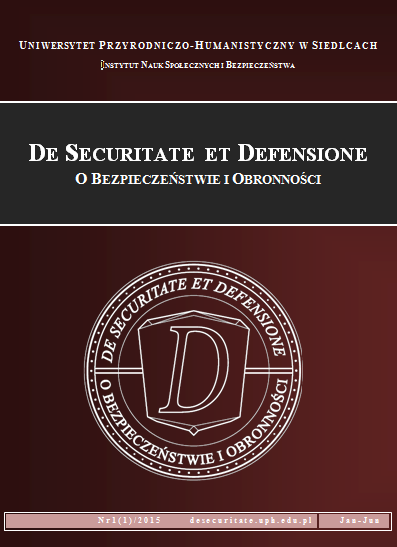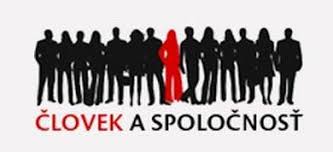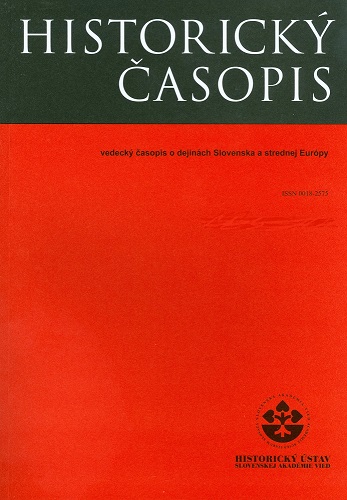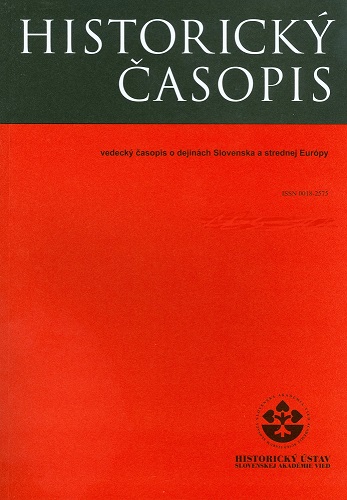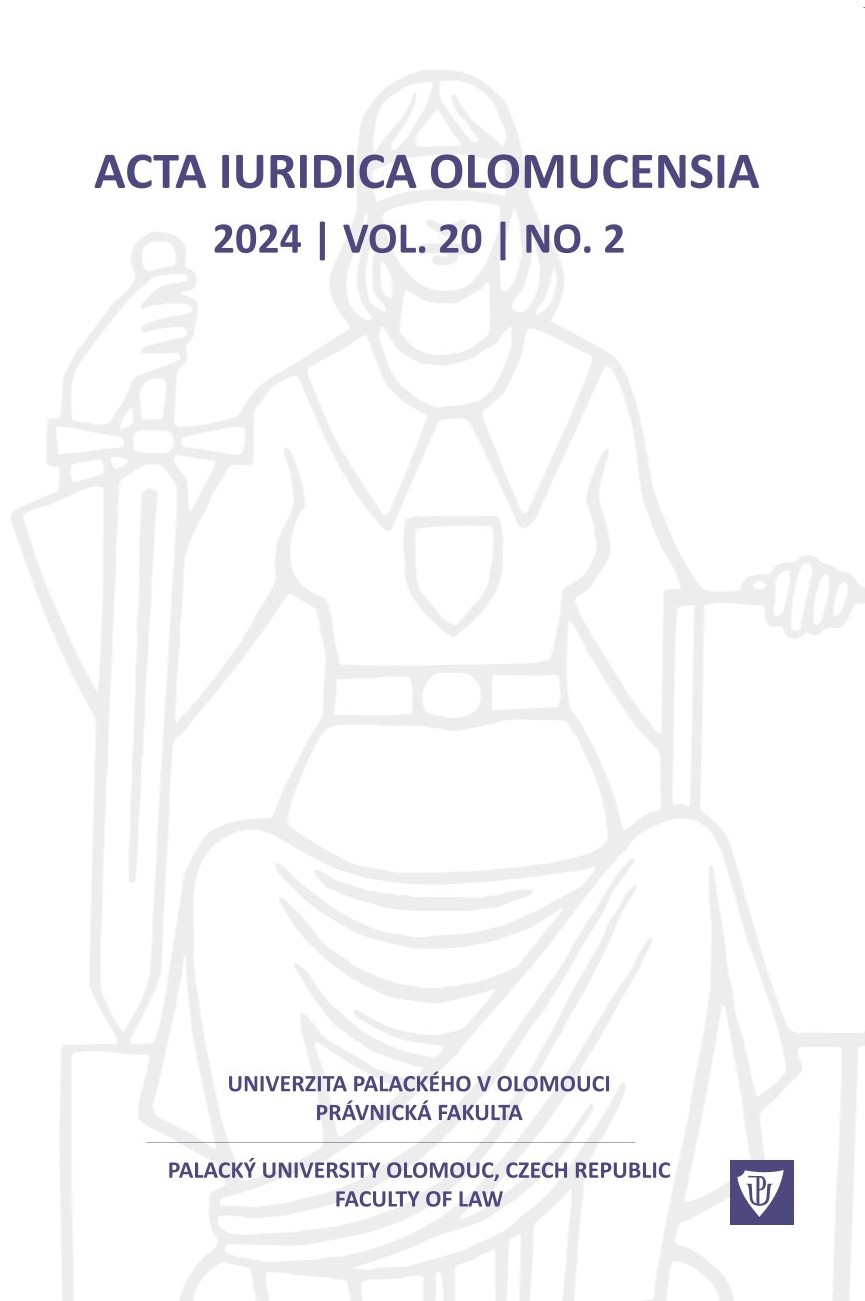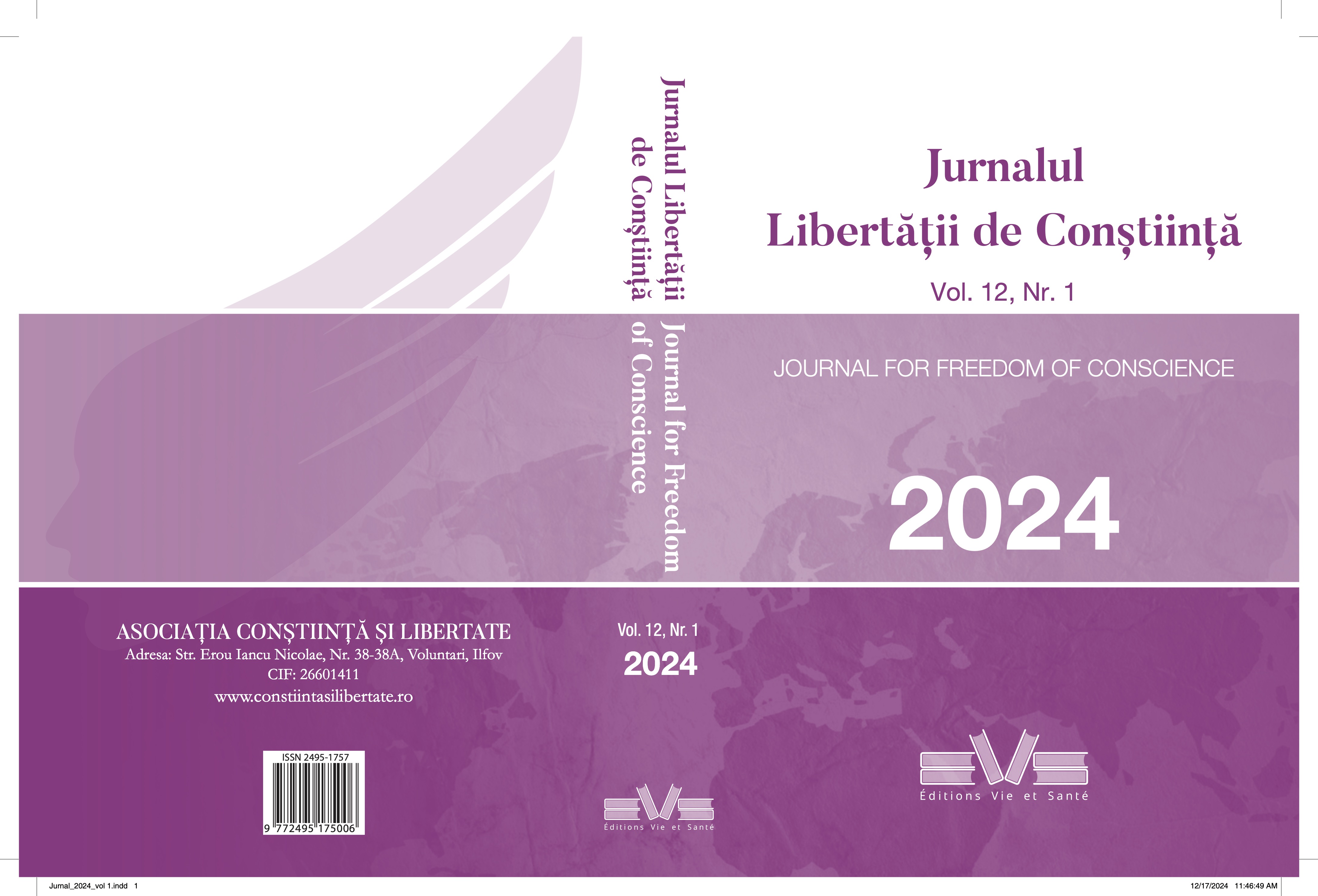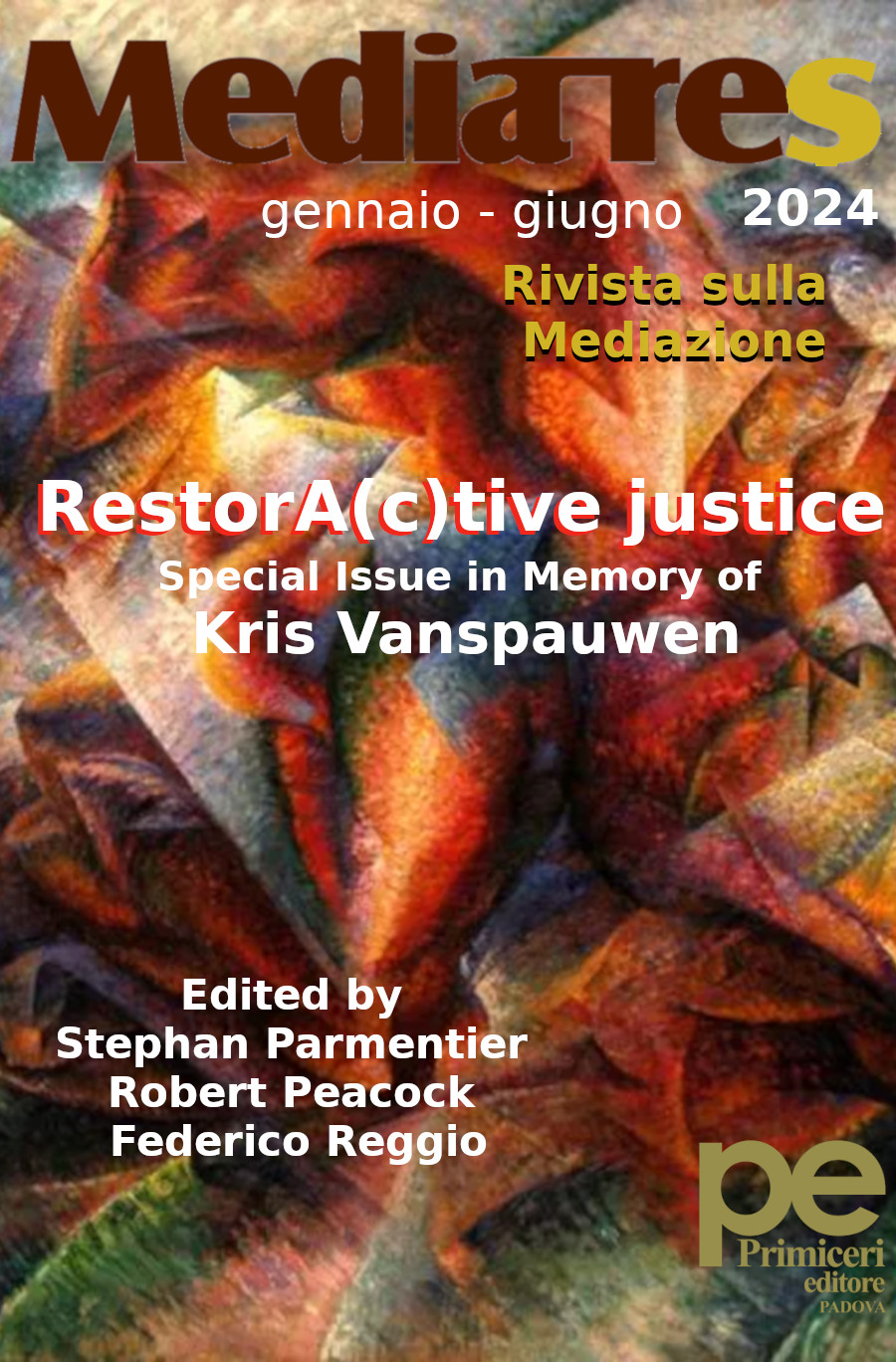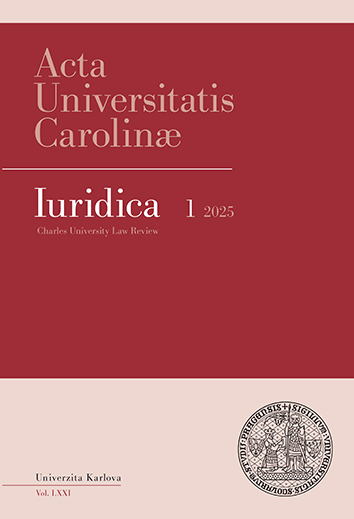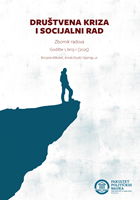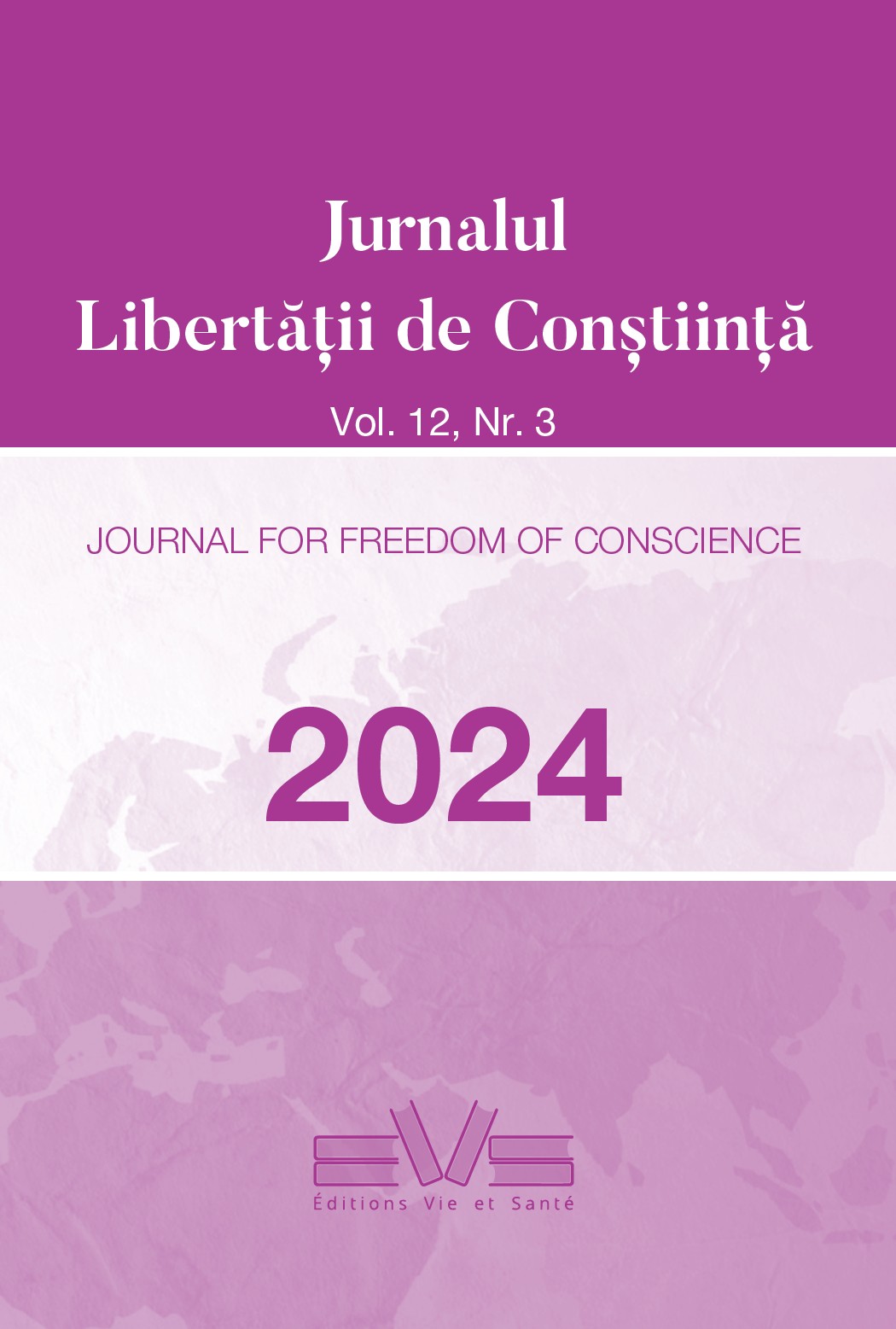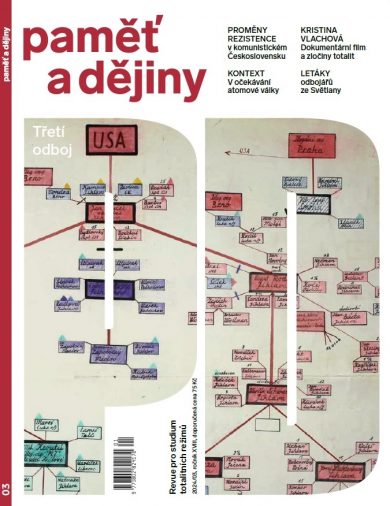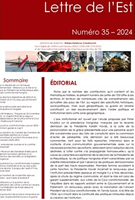Author(s): Džamna Vranić,Dino Kovačević / Language(s): Bosnian
Issue: 1/2025
Adolescence is a life stage characterized by an expansion of opportunities, abilities, aspirations, energy, and creativity, but also a period of heightened sensitivity, as noted in General comment No. 20 (2016) on the implementation of the rights of the child during adolescence. Adolescents are agents of change who can positively contribute to their families and local communities. Mental health issues and psychosocial problems, such as suicide, self-harm, eating disorders, and depression, are significant causes of poor health, morbidity, and mortality among adolescents, especially those in vulnerable groups. These issues arise from the complex interaction of genetic and biological factors, as well as personality and environmental influences, exacerbated by discrimination, peer violence, social exclusion, and pressures related to physical appearance and societal standards of "perfection." It is estimated that over 11 million children and adolescents aged 19 and younger (13%) in the European Union suffer from mental health disorders. The prevalence increases with age, from approximately 2% in children under 5 years old to about 19% among youth aged 15 to 19 years. Suicide is the second leading cause of death (after traffic accidents) among youth aged 15 to 19 in the European Union, accounting for approximately one in six deaths (UNICEF: 2024). "It is crucial for the European Union to build on its recent achievements in promoting child well-being, including the adoption of the EU Strategy on the Rights of the Child in 2022 and the European Child Guarantee," emphasizes Bertrand Bainvel, UNICEF Representative to the European Union institutions. The Committee on the Rights of the Child highlights that states should adopt a public health and psychosocial support approach, rather than excessive reliance on medication and institutionalization. The aim of this paper is to outline the necessary directions of action within the transformational processes of Bosnia and Herzegovina, which must be based on global best practices, particularly those of the European Union—comprehensive, multi-sectoral actions within integrated systems for the protection of adolescent mental health, involving parents, peers, extended families, and the entire education sector. This sector will, through relevant ministries, ensure policies and strategies aimed at effectively addressing these issues.
More...
